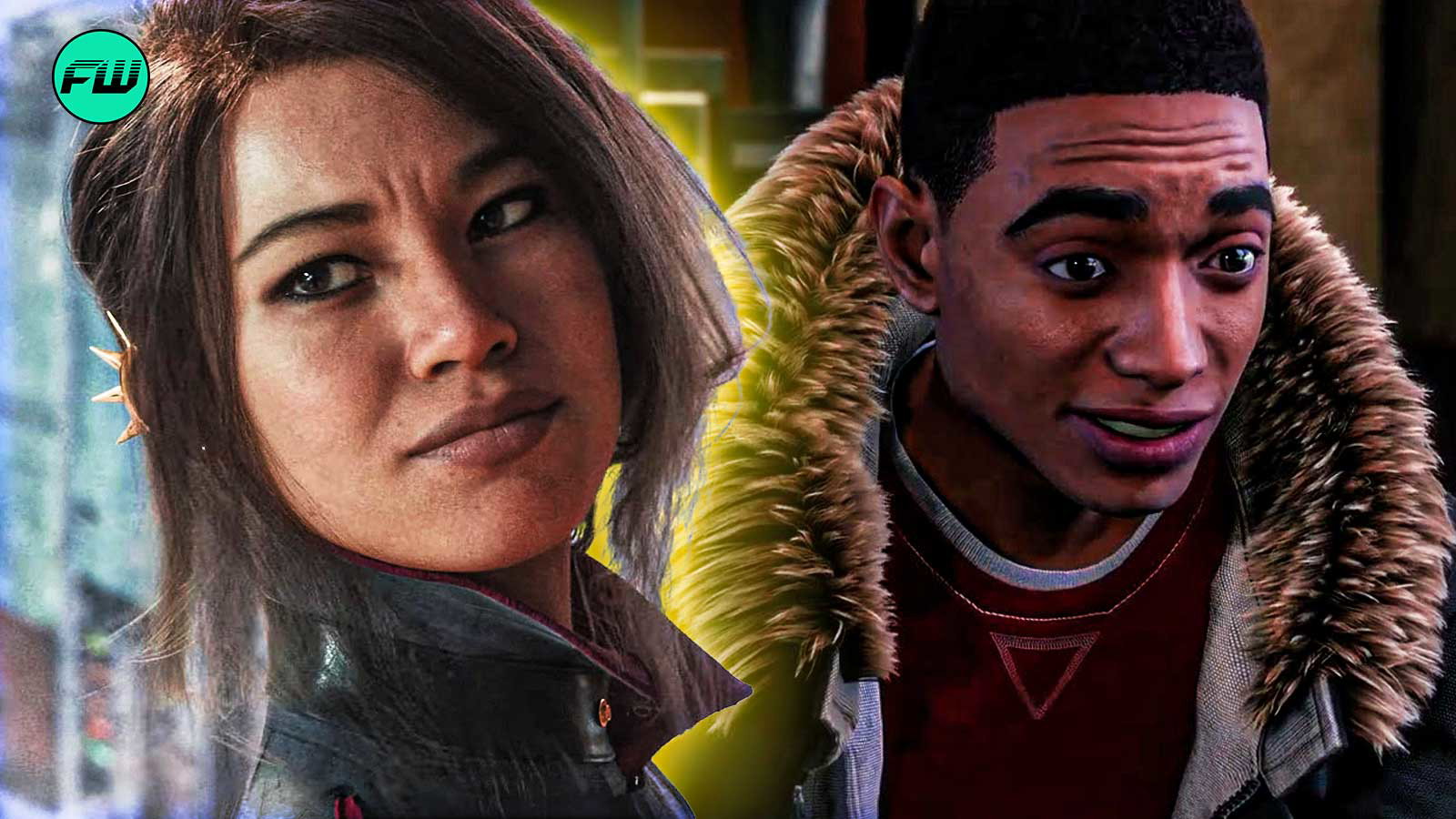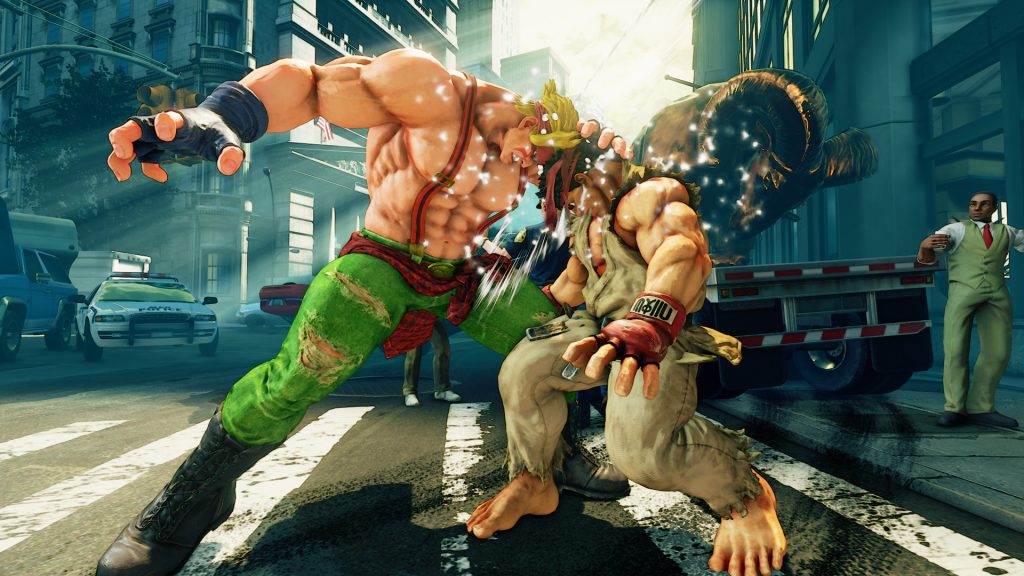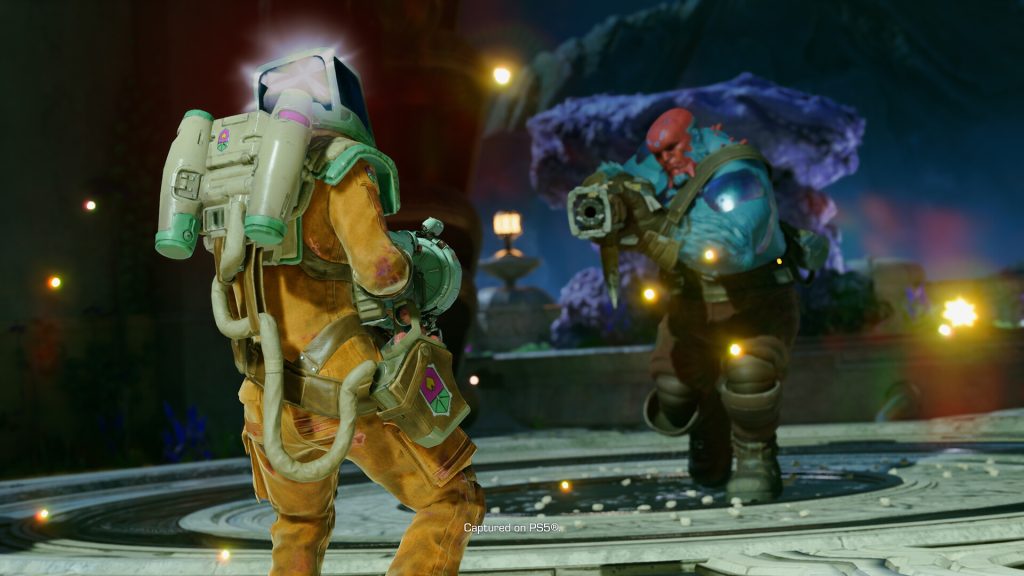Your opinion on DEI in games may not be entirely your original construct, and it’s time to either literally and metaphorically touch grass or ‘DEI’ trying.

Few topics in modern times are as divisive and heated as DEI in games. Diversity, equity, and inclusion have risen to the level of fighting words in gaming spheres. Mere mentions of these phrases can trigger paragraph-long debates that range from substantive criticism to outright mudslinging.
But why is this topic such a contentious issue in these spaces? One would assume that the representation of various people would be received neutrally, if not positively.
After all, the gameplay is the crux of the experience. Unfortunately, several factors at play have poisoned the well of online discourse on these matters, and much of it stems from our overconsumption of social media.
Social Media Has Become a Free-For-All
 Debates and arguments are simply a few taps away. | Credits: Unsplash
Debates and arguments are simply a few taps away. | Credits: Unsplash
Social media was meant to be the new town square for the world. While it does embody this function, it has also become the world’s fighting arena. Brands and influencers are fighting against each other daily for your attention, and their messaging is causing in-fighting among their groups too.
It wasn’t always like this, and the primary goal of social media was to make communication easier. People are now able to share their opinions with the world at any time, and this isn’t always a good thing. It’s now easier than ever to find viewpoints that feed into an echo chamber or are deliberate rage bait to stir conflict and divisiveness.
In the past, this was much easier to manage, as creating a distinction between real life and outrage-inducing politics was as easy as stepping away from the newspaper or the computer screen.
Now, with access to every opinion ever in the palm of our hands 24/7, that divide has been greatly eroded. Many individuals are trying to capitalize on this circumstance by curating content, which further feeds into widening the divide and inciting more conflict between groups.
Audiences Are Primed for Conflict and Seek “Justice”
 A mere mention of DEI in games is enough to butt heads against someone. | Credits: CAPCOM
A mere mention of DEI in games is enough to butt heads against someone. | Credits: CAPCOM
From health advisors to financial gurus, every influencer out there is trying to win your followers and favor by solving some problem you may have. And if you don’t have a problem, it’s their job to convince you that you do! There are enough 2 cents on social media platforms to fill every safe of every bank in the world, and you’re bound to find some that align with your worldview.
The issue arises when these influencers take it a step further and play into the already present tensions among online groups. Through their gift of the gab, they can make you feel they are truly on your side for any particular issue, which can feel good but might not always be an accurate representation of reality.
Social media algorithms also help these influencers reach you consistently. Understandably, one would gravitate towards viewpoints that resonate with their worldview rather than those that oppose it. The more you interact with such content, the more of it you are shown until your social media feed becomes an echo chamber in itself.
Now, don’t get me wrong, there are a lot of things wrong out there that many people who speak on the subject report accurately. But that’s not always the case, and many also have it in their best interest to sensationalize a topic. And when there are entire spreadsheets created to ‘warn‘ people not to play a game, we might be getting a bit ridiculous.
The woke concent detector list is crazy.
Imagine missing on so many good games because anti-woke grifters melted your brain. pic.twitter.com/VSwmAXpK7R
— CerberusXt (@CerberusXt) September 7, 2024
When people feel their way of life is constantly under attack, it’s no wonder they have a very vitriolic response to even the slightest hint of what they deem an offense, which may be happening in gaming, with Concord being a prime example.
DEI in Games Are Viewed as a Net Negative to the Industry by Many
 Concord is being used as an example for why DEI in games is a bad thing. | Credits: Firewalk Studios
Concord is being used as an example for why DEI in games is a bad thing. | Credits: Firewalk Studios
It’s not easy to avoid the DEI in games discourse on social media. Whether it’s about the fact that Assassin’s Creed Shadows has a black protagonist or that women in gaming are no longer “attractive,” the debates are far-reaching and not always substantive.
While there is a case to be made about forced DEI, to say representation will “ruin” gaming could be an indication of consuming far too much of the above-mentioned content.
Over-focusing on DEI can be a contributing factor to a game not living up to its true potential. This is simply due to resources being invested in one specific area instead of being spread evenly for the project. But the flip side of the coin can be just as damaging.
It’s one thing to point out that some game developers are using DEI to push a game that is otherwise mediocre. But to get up in arms about a female lead or a POC lead simply due to their gender or race is to show the people priming you have succeeded in their task.
Concord, the most recent flop from PlayStation, featured a diverse cast and character designs that many could count as a DEI push. But DEI might not even make it to the top five reasons the game failed in the first place!
Even if one were to critique the character design, there are many issues such as cohesiveness, originality, and just aesthetics, which have little to nothing to do with DEI-related topics.
The characters weren’t the problem. The fact that it’s a $40 GaaS title when the industry has moved on from GaaS hero-shooters is.
— Uncle Ian (@Jawabreaker) September 6, 2024
Currently, the pendulum is swinging to either extreme too often. This swinging tends to knock down any healthy discourse that spawns in the middle of these two extremes.
Representation has a space in video games that can be tasteful and helpful without requiring it to feel like a college lecture. However, that can’t be achieved if sections of gamers reach for the pitchforks just for a glimpse of something they consider DEI.
Better content consumption patterns that incorporate opposing viewpoints are a good way to balance out opinions that may be too extreme. The online space is also geared towards conflict, so discussing these topics with people in your life can be another tempering factor.
What are some ways you would recommend these issues can be counteracted? Let us know in the comments below!


